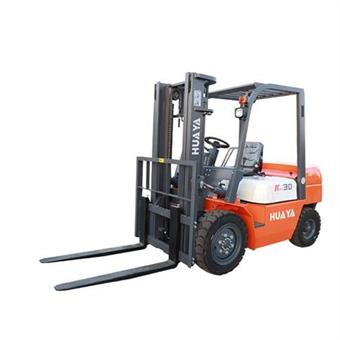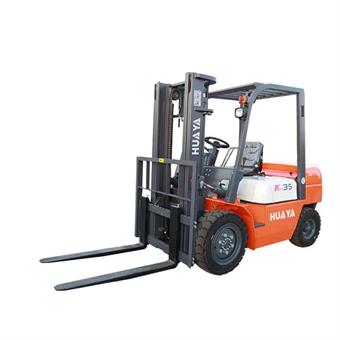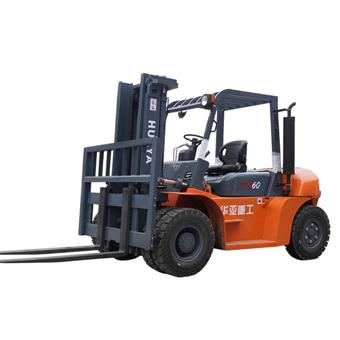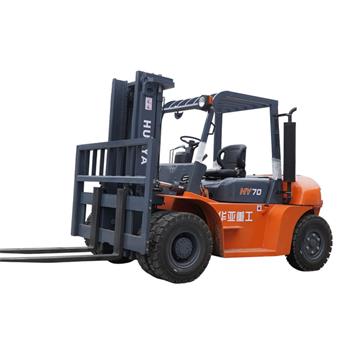
News
In the world of material handling equipment, forklifts play a crucial role in ensuring efficient and smooth operations in warehouses and industrial settings. One common question that arises is whether it's possible to convert a diesel forklift to propane. This article aims to explore the feasibility of such a conversion, considering the environmental impact, cost implications, and potential benefits.
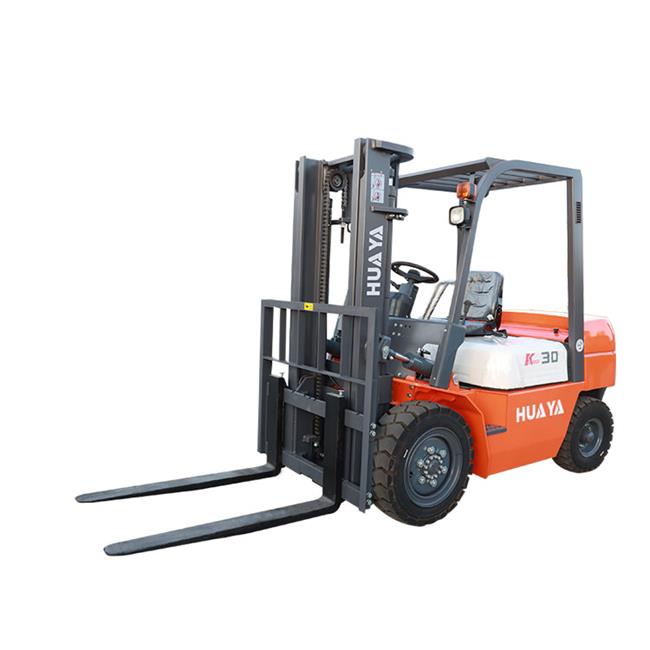
Diesel forklifts have been the traditional choice for many businesses due to their robust performance and high torque. They are known for their durability and ability to handle heavy loads. However, with the growing concern for environmental sustainability, businesses are exploring alternative fuel options.
Diesel forklifts come with their set of advantages. They provide higher torque, making them suitable for heavy-duty lifting. Additionally, diesel fuel tends to be more readily available in certain regions, ensuring uninterrupted operations.
On the flip side, diesel engines emit more pollutants compared to other fuel types, contributing to air pollution. This has led to a shift in focus towards cleaner and greener alternatives.
Propane forklifts are gaining popularity as a cleaner and more environmentally friendly option. Propane is a byproduct of natural gas processing and petroleum refining, making it readily available. The question arises: Can you convert a diesel forklift to propane, and what are the implications?
Propane forklifts offer several benefits. They produce fewer emissions, making them a greener option. Additionally, propane engines tend to have a longer lifespan, reducing maintenance costs in the long run.
Before diving into the conversion process, it's crucial to consider certain factors. This includes assessing the existing condition of the diesel forklift, estimating conversion costs, and understanding the impact on performance.
Converting a diesel forklift to propane involves a systematic process. While it's recommended to consult with professionals for a seamless conversion, understanding the basic steps can provide insights.
Before conversion, a thorough inspection of the diesel forklift is necessary. This includes evaluating the engine condition, exhaust system, and compatibility with propane components.
The next step involves removing diesel-specific components, such as the fuel tank and injection system. This creates space for installing propane-specific parts.
Propane components, including the fuel tank, regulator, and carburetor, need to be installed. Precise calibration is essential to ensure optimal performance and fuel efficiency.
After installation, rigorous testing and calibration are required to fine-tune the forklift's performance. This ensures that it meets safety standards and operates efficiently on propane.
While the environmental benefits are evident, businesses must also weigh the cost implications of converting a diesel forklift to propane.
The conversion process involves costs related to the purchase of propane components and professional labor. However, this initial investment can be offset by long-term savings on fuel and maintenance.
Calculating the ROI is crucial for businesses. Consider factors like fuel savings, reduced maintenance costs, and potential incentives for using environmentally friendly equipment.
One of the driving factors behind converting to propane is the desire to reduce the environmental footprint. Propane is considered a cleaner-burning fuel, leading to decreased emissions.
Propane combustion produces fewer greenhouse gases compared to diesel. Businesses aiming to enhance their sustainability credentials find this aspect appealing.
As environmental regulations become more stringent, converting to propane ensures compliance with emission standards. This not only aligns with corporate social responsibility but also avoids potential fines.
Businesses are rightfully concerned about the impact of conversion on the forklift's performance. Addressing these concerns is crucial to ensure a seamless transition.
Propane forklifts generally maintain comparable power levels to their diesel counterparts. Understanding the specific needs of the operation helps in choosing the right propane conversion kit.
Propane engines often require less maintenance, leading to increased reliability. This is a significant advantage for businesses aiming to minimize downtime and repair costs.
In conclusion, converting a diesel forklift to propane is a viable option for businesses looking to embrace cleaner energy solutions. While there are initial costs involved, the long-term benefits, both financially and environmentally, make it a compelling choice. Prioritizing sustainability not only aligns with global environmental goals but also positions businesses as responsible and forward-thinking entities in the competitive market. Before embarking on the conversion journey, thorough research and consultation with experts are recommended to ensure a successful and seamless transition.
